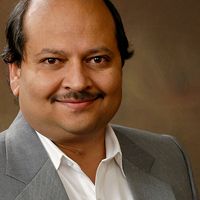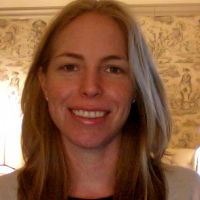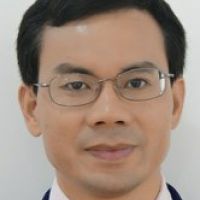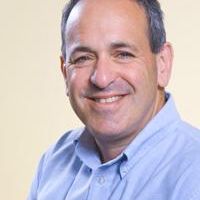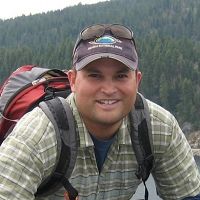CZO / LTER / NEON / ISMC Joint Workshop
Modeling the Critical Zone; State of the Art, Data Integration, and Frontiers
Boulder, Colorado
-
IML, INVESTIGATOR
-
Calhoun, Shale Hills, INVESTIGATOR, COLLABORATOR
-
IML, Shale Hills, INVESTIGATOR
-
National, ADVISORY BOARD
-
Reynolds, INVESTIGATOR
Updates:
- Pre-workshop webinar recordings
- NEON Blog post on this workshop: Building Ties Across Disciplines and Observatory Networks to Advance Earth System Understanding
CZO / LTER / NEON / ISMC Joint Workshop:
Modeling the Critical Zone; State of the Art, Data Integration, and Frontiers
Date: February 13-15 2018, NEON HQ in Boulder Colorado
Overarching Goals
through a community process, (i) identify the current state-of-the-science to model critical zone and ecological processes, its strengths, limitations and frontiers, (ii) advance network science data integration into future model frameworks, and (iii) further build integrative user communities.
Specific Goals
1. Use experience and insights from established networks (LTER and CZO) to develop long-term
conceptual and numerical models for NEON sites.
2. Explore challenges for data-model linking within and across networks in order to raise process
understanding and improve ability to make predictions of critical zone and ecological trajectories.
3. Discuss establishment of a platform to help facilitate cross-network data-model linkage (e.g., see ISMC website)
Desired Outcomes
Build bridges between networks and user communities; Paper(s) on frontiers and challenges in this area; Proposal(s) for follow-up grants and/or workshops; Identify high-priority tools and functions for data-model platform(s)
Meeting Overview
- Day 1 - Keynotes and lightning talks; focus on identifying key issues and scientific direction
- Day 2 - Small group break-outs to synthesize path forward for key topics & frontier activities.
- Day 3, morning - Bring all breakouts together and develop an action plan, which will likely include white papers, journal articles, and other engagement activities.
- Day 3, afternoon - Reserved for attendees that wish to continue to work together
Additional Information:
Requests for Keynote and Lightning Talks abstracts will be part of the registration process (workshop webpage coming soon). Science Coordinating Team will vet and select.
Target Audience: All user groups with experience or interest in utilizing data from CZO / LTER / NEON / ISMC / for improved modeling of ecological and critical zone processes. This includes theoreticians, modelers, data scientists, informatics scientists, decision-makers, etc. Underrepresented groups, early career scientists, and graduate students are strongly encouraged to participate.
To build community involvement and input, a series of Charrettes (interactive webinars) will take place over the upcoming months. Those interested in attending the workshop as well as other stakeholders are highly encouraged to attend. You can find upcoming charette dates and recordings at http://www.neonscience.org/obs-networks-earth-system-understanding-2018.
Science Coordinating Team:
Roland Baatz, Kris Van Looy, and Harry Vereecken (Forschungszentrum Juelich); Jim Tang (Marine Biology Lab),
Pamela Sullivan (University of Kansas); Michael Young (University of Texas), Henry Lin (Penn State); Peter
Groffman (CUNY, Cary Inst.); Julia Jones (Oregon State University); Praveen Kumar (Univ. of Illinois), Lejo
Flores (Boise State University); Hank Loescher, Samantha Weintraub, and Lee Stanish (Battelle NEON)
Discipline Tags, CZOs, and Links
Modeling / Computational Science
All Disciplines
National
Boulder
Calhoun
Catalina-Jemez
Christina
Eel
IML
Luquillo
Reynolds
Shale Hills
Sierra
Related Events
Related News
Explore Further
